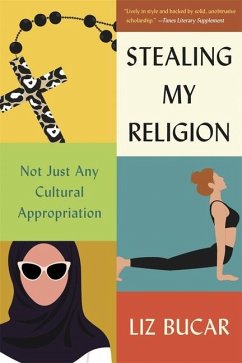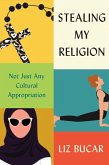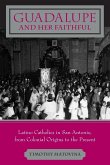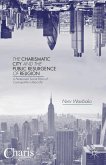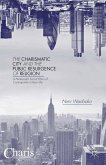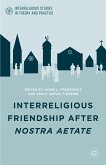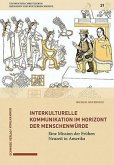"Lively in style and backed by solid, unobtrusive scholarship...In her call for responsibility in borrowing, Liz Bucar singles out for criticism forms of exploitation close to her own identity as privileged and religiously unaffiliated." -Jonathan Benthall, Times Literary Supplement "So finely written, so intelligent and fair, and laced with such surprising discoveries that it deserves a reader's full attention...As the act of walking a religious pilgrimage does invite greater self-awareness...Stealing My Religion is now an essential part of that worthy endeavor." -Kurt Caswell, Los Angeles Review of Books "With interpretive subtlety and ethical vision, Liz Bucar explores the moral risk of intercultural theft. Stealing My Religion is a powerful intervention by a leading scholar of religion into the illiberal results of everyday religious exploitation. Highly recommended." -Kathryn Lofton, author of Consuming Religion Liz Bucar unpacks the ethical dilemmas of a messy form of cultural appropriation: the borrowing of religious doctrines, rituals, and dress for political, economic, and therapeutic reasons. Does borrowing from another's religion harm believers? Who can consent to such borrowings? Bucar sees religion as an especially vexing arena for appropriation debates because faiths overlap and imitate each other and because diversity within religious groups scrambles our sense of who is an insider and who is not. Indeed, if we are to understand why some appropriations are insulting and others benign, we have to ask difficult philosophical questions about what religions really are. Stealing My Religion guides us through three revealing case studies-the hijab as a feminist signal of Muslim allyship, a study abroad "pilgrimage" on the Camino de Santiago, and the commodification of yoga in the West. We see why the Vatican can't grant Rihanna permission to dress up as the pope, yet it's still okay to roll out our yoga mats. Reflecting on her own missteps, Bucar comes to a surprising conclusion: the way to avoid religious appropriation isn't to borrow less but to borrow more-to become deeply invested in learning the roots and diverse meanings of our enthusiasms.
Bitte wählen Sie Ihr Anliegen aus.
Rechnungen
Retourenschein anfordern
Bestellstatus
Storno

